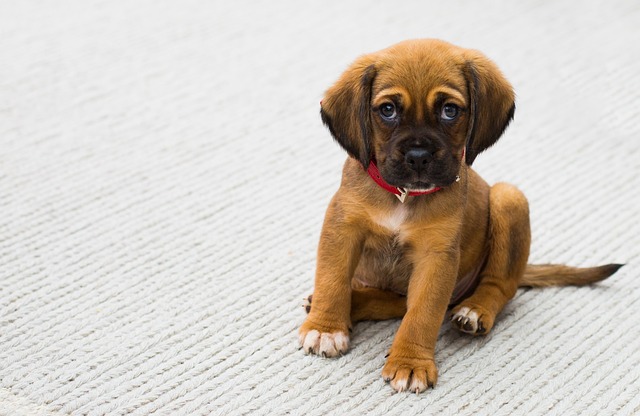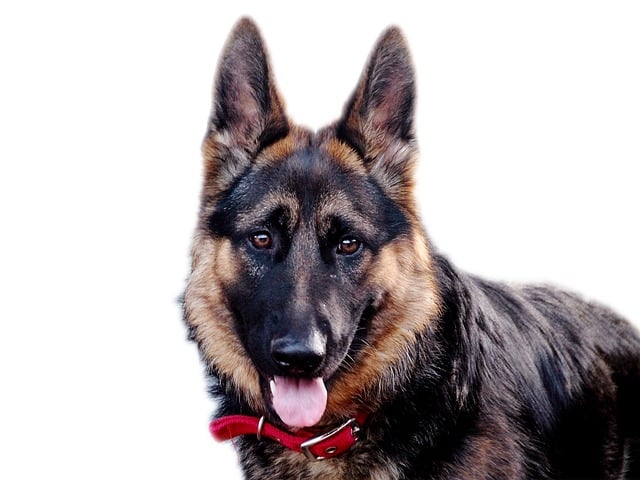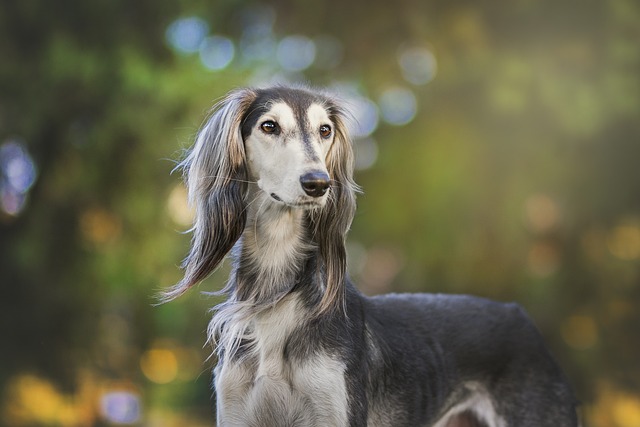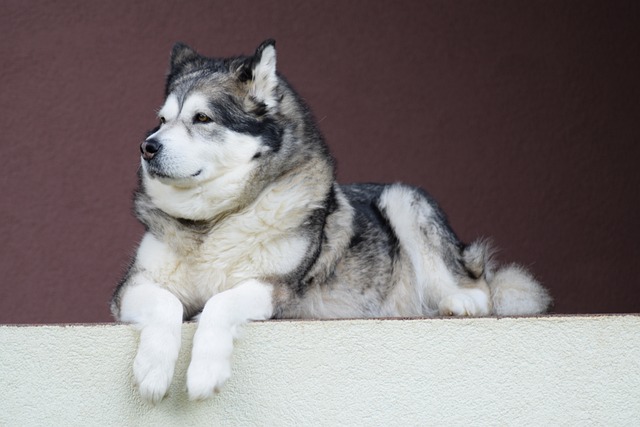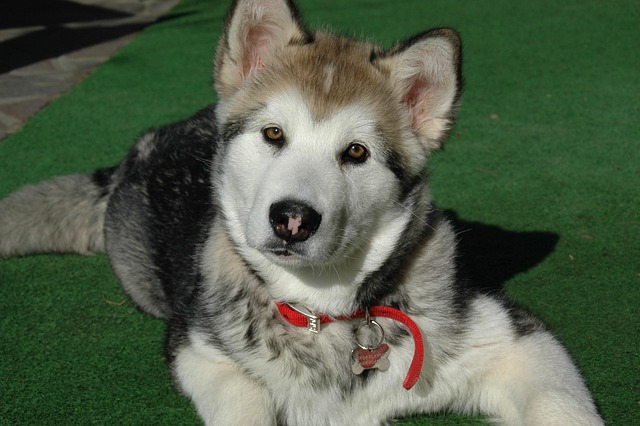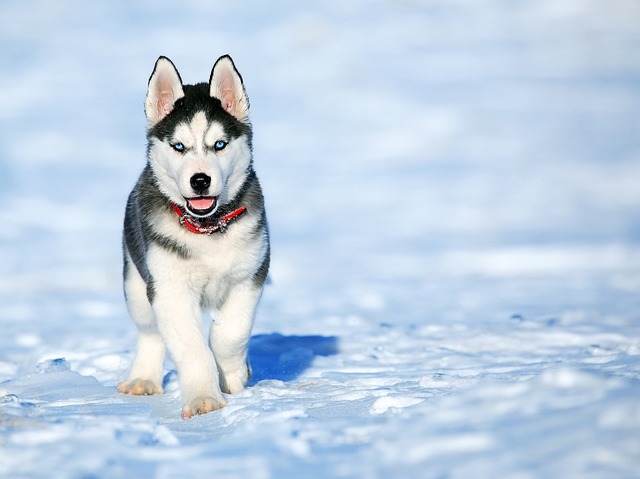Picture your Golden Retriever spinning in circles at 6 PM sharp – that’s pent-up energy screaming for release. Dogs thrive on balanced stimulation, blending physical exercise with brain games to prevent destructive chewing or anxious barking. Let’s explore how to turn your living room or local park into an enrichment zone while respecting community rules.
For puppies, short bursts of activity are crucial. Their growing joints can’t handle marathon sessions, so try hiding kibble in a rolled towel for nose work or gentle tug-of-war with a knotted rope. Always check vaccine records before public outings – in places like Florida, unvaccinated pups can’t legally visit dog parks due to parvovirus risks. Stick to your backyard or apartment hallway until your vet clears group play around 16 weeks.
Adult dogs need creativity. A simple walk becomes a "sniffari" when you let them explore grass patches for 10 minutes – scent processing burns mental energy faster than leashed marching. Studies show dogs solve puzzles best in quiet environments, so if you’re in a noisy Chicago high-rise, freeze bone broth in a Kong wobble toy for 30 minutes of focused licking. Rotate toys weekly to avoid boredom; a treat-dispensing ball today, a flirt pole chase game tomorrow.
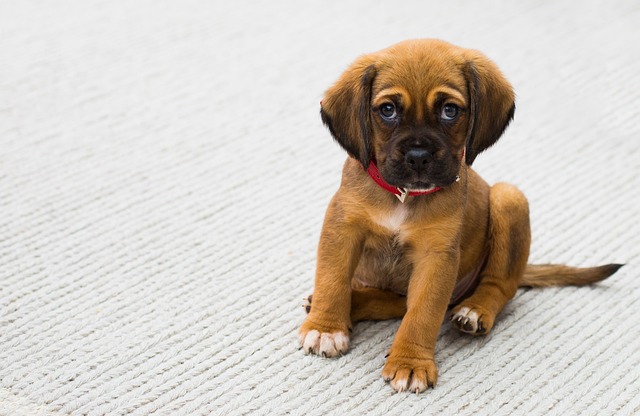
Socialization demands finesse. Instead of overwhelming dog parks, practice "calm observation" at a sidewalk café. Reward your pup with freeze-dried liver when they ignore passing joggers – this builds neutrality using positive reinforcement, which aligns with anti-punishment laws in states like Illinois. Never force interactions; let them watch kids play from a comfortable distance first.
Apartment living requires extra courtesy. Use rubber ball launchers instead of squeaky toys after 8 PM to dodge neighbor complaints. Always carry compostable waste bags – fines hit $300 in Boston for uncollected poop. For high-energy breeds like Border Collies, create a "dig box" with sand and buried toys on your balcony to save the garden.
Don’t forget sensory adventures. Set up a kiddie pool with floating tennis balls for water-loving breeds, or dab lavender oil on bandanas during thunderstorms. Senior dogs adore short "treasure hunts" where you scatter low-calorie treats in cardboard boxes.
End every activity session with quiet time. A 20-minute chew session helps dogs decompress – try antler chews or frozen carrots. Watch for overstimulation signs like excessive panting; when in doubt, consult IAABC-certified trainers for personalized plans.
